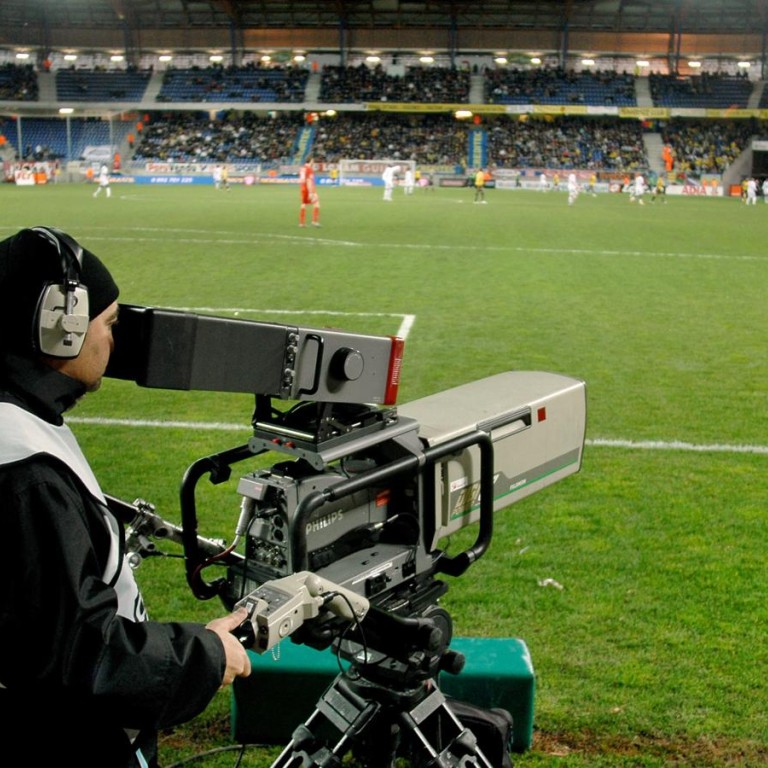
Referees are the poor outcasts in a sea of English Premier League wealth
Despite earning loads of cash via a TV deal, the league has little left for young match officials
Is having billions of pounds a blessing or a curse?
The English Premier League's latest cash cow comes from its £5.1 billion (HK$60 billion) three-year domestic television revenue for 2016-17 to 2018-19, up from the £3.018 billion deal made three years ago. But even before the ink had dried on the contract, questions were asked about how this staggering amount would be divided among those fortunate enough to be related to the world's wealthiest domestic soccer league.
match officials are always the poor, misunderstood, oddball cousins who are conveniently left out
Premiership clubs and their top players take the lion's share, but Richard Scudamore, the EPL's chief executive, announced last week it will also invest "at least £1 billion" on other "relatives" of the EPL. These recipients include grass-roots facilities, youth coaching, ticketing, solidarity payments to lower leagues and improving disabled access at clubs in the British Isles.

Notice there is not one phrase in support of the development of referees. This practice of ignoring match officials occurs not only in England, but all over the world. Referees are mostly left out of development plans and, if included, are usually only there as an afterthought. This has to stop.
Considering the time and effort clubs, commentators, players, coaches, spectators and the media spend in complaining about refereeing standards, it does not take a genius to understand referees need better resources, training and support. As it stands, with the amount of criticism levelled at referees together with the high dropout rates owing to abuse and lack of support, it is a miracle a major refereeing crisis has not yet materialised.
But it is getting close. Recently, referees chief Mike Riley, head of the Professional Game Match Officials Ltd (PGMOL), publicly appealed for support to his beleaguered group of professional referees by asking for the introduction of video technology.
This practice of ignoring match officials occurs not only in England, but all over the world. Referees are mostly left out of development plans and, if included, are usually only there as an afterthought
"I think football as a whole has to look at how we can enhance refereeing performances through the use of technology," Riley said. "We've been open-minded to things like the goal-decision system, which has made a great difference and a great benefit to referees in the Premier League. We need to see what other technology can be used to get refereeing decisions more accurate."
Riley's desperate cry for help highlights how serious the anti-refereeing culture is.

An analogy is when rich clubs like Chelsea, Manchester City and any of the traditionally frugal Premiership clubs who now find themselves with surplus pots of money find it easier to spend money on quick-fix solutions rather than developing promising home-grown youngsters.
Referees at the grass roots need better training, development and support, and, of course, more money
The advantages of nurturing home-grown talent in favour of buying the latest finished product can be seen with Harry Kane, Tottenham's surprise striker of the season, and his £26 million counterpart Roberto Soldado and Chelsea's £32 million Diego Costa.
Similarly, refereeing needs to adopt this basic principle.
Depending on who you are, the EPL billions are either a blessing or a curse. For referees, it has consistently been a curse.

